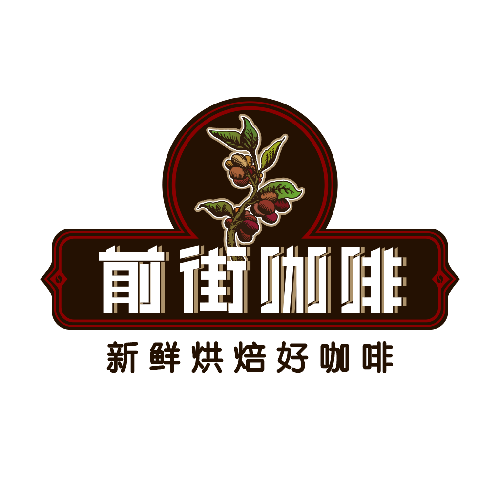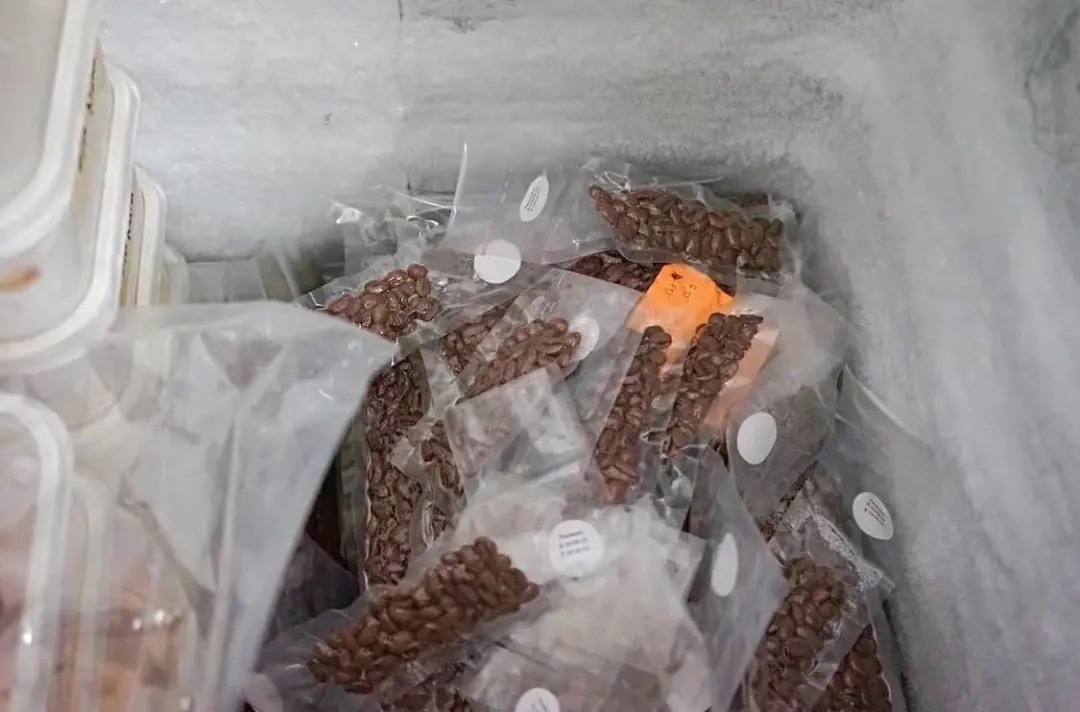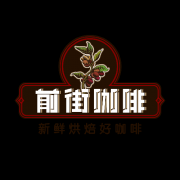Ethiopia also has Rose Summer Village Panama Rose Summer Vs Ethiopia Rose Summer

Ethiopian coffee
Ethiopian Coffee, also known as Ethiopian Coffee, is a landlocked country located in the Horn of Africa and the most populous landlocked country in the world. Ethiopian coffee is the birthplace of coffee, the birthplace of excellent Arabica coffee species, and has many original species with excellent genes of Arabica species, which are not found in many other countries. Many coffee varieties are hybridized under natural growth conditions and are derived from the excellent Elaraby species, after the hybrid variety. It not only retains the excellent flavor characteristics of the original parent Arabica species, but also creates the flavor characteristics of different producing areas in Ethiopia.
Panama Rose Summer Geisha
The origin of the famous Panamanian rosy summer coffee is also native to Ethiopia, and the emerald manor's rose summer is known as a "geisha". Its name comes from the geisha mountain of Ethiopia, Geisha Mountain, which sounds like a famous geisha in Japan. "Geisha" was found in Sidama Geisha Mountain, Ethiopia, and then transferred to Panama to mutate into the Typica system of Geisha. That is, the common Geisha1931,T2722. Geisha often shows floral, fruit, citrus, tea and other flavors.
The red standard rose summer of the Panamanian Emerald Village selected in the front street is also the traditional method of sun treatment. first of all, the ripe sunken fruit will be washed and selected with a sink, and the immature and overripe coffee fruits will be removed. The whole fruit is dried and dehydrated to 12% of the water content in the sun field for about two to four weeks. The specific drying conditions depend on the local climate.
The rose summer classification of the jadeite manor: the blue mark is below 1500m above sea level.
1600m-1800m elevation is a green mark for private collection, not an independent competition batch.
The test score of 1600m-1800m Cup 90 + is the red bid (used as the 90 + red bid rose summer of the Jadeite Manor, the bidding rose summer)
Gesha, Roxia Village, Ethiopia
Ethiopia's rose summer is mostly a native species, retaining the original Arabica flavor, with a clearly recognized Ethiopian flavor, but also because, as a native species of Ethiopia, the bean is not like the stable bean of the Panamanian rose of the mutant iron pickup. Most geisha in Ethiopia vary in size, either round or pointed. In 2009, mule owner, BOP judge WillemBoot met the Overton couple who were filming coffee discipline films for the Ethiopian government. WillemBoot provided the Overton couple with the opportunity to return to Ethiopia to find Rosa's birthplace. Finally, in southwestern Ethiopia, near a place called Rosa Village in South Sudan, the owner of the WillemBoot manor searched through a dense deep forest and found the Gori Rose Forest where Rose Xia was first discovered, collected seeds, and returned to Rosa Village for cultivation. After that, the village of Rosa in Ethiopia followed in the footsteps of the famous Emerald Manor of Panama. However, as a native species of Ethiopian coffee, it is not as stable as the Arabica variety Typica Panamanian Rosa. But Rosa Village is also because of improving the quality of Ethiopian Rosa Coffee, in the cultivated geographical location is also a high-lying area, giving a good environment for the growth of coffee trees, in the manor technology maturity, to maintain the quality of beans under the village. The sun-red rose summer in the Ethiopian Rose Village, which is selected in the front street. This sun-treated Ethiopian rose village coffee beans are dried on Gaopeng shelves, picking out defective beans, maintaining the cleanliness of the beans and removing the defective flavor brought by the traditional sun. The classification of Rosa Village in Ethiopia is as follows: competitive bidding; Gold bid; Red Standard; Green Standard; CHAKA.
The front street compares the red mark rose summer of Ethiopia's rose village with the red mark rose summer of the jade estate in Panama.
Red Standard Rosa Village, Ethiopia: altitude: 1900-2050m
Treatment: insolation (frame drying)
Sour: medium sweet: medium bitter: a little
Flavor: tropical fruit, cream, bergamot, wine, lemon, nuts
Panamanian Jade Manor Red Standard Rose Summer: altitude: 1700m
Treatment: solarization (ground insolation)
Sour: medium sweet: medium bitter: a little
Flavor: rich rose, grapefruit, lemon, black tea, sweet potato, sugar
Compared with the two, the flavor of Panamanian jadeite manor red standard rose summer is richer and stronger, and the afterrhyme will be longer, but both of them have a good sense of hierarchy, sweet and sour balance, bitterness is not strong, and both flavors are more natural and pleasant. The cleaner frame drying of the red standard rose summer in Ethiopia gives the coffee a cleaner sweetness and a more mature fermented wine, plus the sweetness of tropical fruits. It gives a fuller taste. Although the jadeite manor did not adopt the treatment method of drying with a clean frame, and adopted the traditional convenient and low-cost ground drying, it also had to admire the strength of the jadeite manor, which can still give the coffee a very rich flavor, the charming flower fragrance, the soft acidity combined with the round sweetness, how clean the citrus flavor is, the finish is long, and the level is obvious.
Important Notice :
前街咖啡 FrontStreet Coffee has moved to new addredd:
FrontStreet Coffee Address: 315,Donghua East Road,GuangZhou
Tel:020 38364473
- Prev

Do you want to keep the coffee beans in the refrigerator? The principle of cryopreservation of coffee beans how to store fresh coffee beans
Qianjie recently noticed a topic in the exchange group: "how do you keep the coffee beans after you buy them back?" Put it in the fridge! I see a lot of coffee bosses put beans in the fridge, but won't they get wet in the fridge? Keep it dry in the refrigerator. (so Qianjie interviewed the major coffee beans.) first of all, you need to understand why frozen coffee beans are needed. Frozen coffee
- Next

What is the difference between the flavor characteristics of Ethiopian coffee Douhuakui 6.0 and 7.0? Introduction to roasting degree of Huakui Coffee
Sakuran what a beautiful name, Hua Kui means the head of a hundred flowers. Such a beautiful name was given to an original birthday coffee capital in Ethiopia, but how did this beautiful name be used as the name of Kaifei beans? The birthplace of Ethiopian coffee, there are many ungiven coffee beans in Ethiopia.
Related
- Beginners will see the "Coffee pull flower" guide!
- What is the difference between ice blog purified milk and ordinary milk coffee?
- Why is the Philippines the largest producer of crops in Liberia?
- For coffee extraction, should the fine powder be retained?
- How does extracted espresso fill pressed powder? How much strength does it take to press the powder?
- How to make jasmine cold extract coffee? Is the jasmine + latte good?
- Will this little toy really make the coffee taste better? How does Lily Drip affect coffee extraction?
- Will the action of slapping the filter cup also affect coffee extraction?
- What's the difference between powder-to-water ratio and powder-to-liquid ratio?
- What is the Ethiopian local species? What does it have to do with Heirloom native species?

